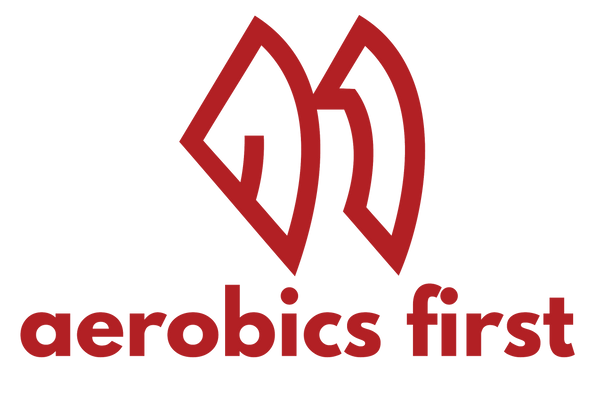3 Important Nutrition Factors for Post-Run Recovery
Pre-run and in-run fueling strategies are hot topics among runners. But how about your post-run recovery strategy?
When it comes to recovery, from a nutrition lens, we’re interested in three things:
1. Restoring muscle and liver glycogen stores
2. Replacing fluid and electrolyte losses
3. Promoting muscle repair

Restoring Muscle and Liver Glycogen Stores
Glycogen is a fancy word for stored carbohydrates (carbs), aka, stored energy. We store the majority of our glycogen right in our muscles, and a smaller amount in our liver. The glycogen in our liver is just one of the ways our body expertly regulates blood sugar levels, making sure we don’t get too low from exercise.
As we get further into an endurance event, we start using up more of this stored energy. These stores get depleted the longer an event goes. If we are planning on exercising again soon, replenishing glycogen becomes even more important.
Replacing Fluid and Electrolyte Losses
When we sweat, we lose both water and electrolytes. That’s why most in-race hydration strategies include some form of an electrolyte beverage.
Hydration strategies during a run are different from after the run. During the run, our main priority is to limit our sweat losses to below ~2% of our body weight. We’re not looking to replace everything as we go. It’s expected that when we finish, we will need to replenish and top up our fluid and electrolytes.
Two of the main electrolytes at play here are sodium and potassium. A pound of sweat (about 500 mL) contains anywhere from 80-100mg of potassium and 400-700mg of sodium. Though sweat losses vary from person to person and are influenced by other things like temperature and humidity.
Knowing your sweat rate (how much you sweat per hour of activity) can be a great way to start planning your hydration strategy. Though another, more simple way, is to monitor the colour of your urine. If your urine is light or lemonade coloured, you’re in a pretty good state of hydration, if it’s any darker, take a few big gulps of water.
*If you know your sweat rate, general recommendations include consuming 1.25 – 1.5 L of fluid for every 1 kg of body weight lost in sweat.
Promoting Muscle Repair
Protein isn’t just for bodybuilders. It’s an essential nutrient for the repair and recovery process of all exercisers and athletes. Endurance athletes need protein to help maintain their strength, their muscle mass, and to repair damaged tissues.
Current recommendations for endurance athletes are between 1.2 and 1.7 grams of protein per kg of body weight per day, though it can be higher depending on total activity.
Tying It All Together
When it comes to recovery, a post-run nutrition strategy should include both carbohydrates and protein, along with fluid, sodium, and potassium.
Providing your body with the tools and the nutrients it needs to recover helps it switch from breaking down, to building up. Protein and carbohydrates together allow your muscles to repair and your glycogen to replenish.
Your initial recovery meal or snack should include 15-25 grams of high-quality protein. That’s about one scoop of protein powder, or half a scoop of protein powder shaken in a glass of chocolate milk…yum!
*Chocolate milk is a great recovery drink. It has solid amounts of protein, carbohydrates, sodium, and potassium!
Having a protein shake, or a protein bar with a banana and salted pretzels will help cover your bases and give you a foot up on the recovery process.
Some Final Tips
Your gut is the rate limiting factor.
If you’re not feeling hungry, or if exercise blunts your appetite, it is still a good idea to get these nutrients in. Liquid form supplements and drinks are a great way to make sure you are refueling even if you’re not quite feeling it.







